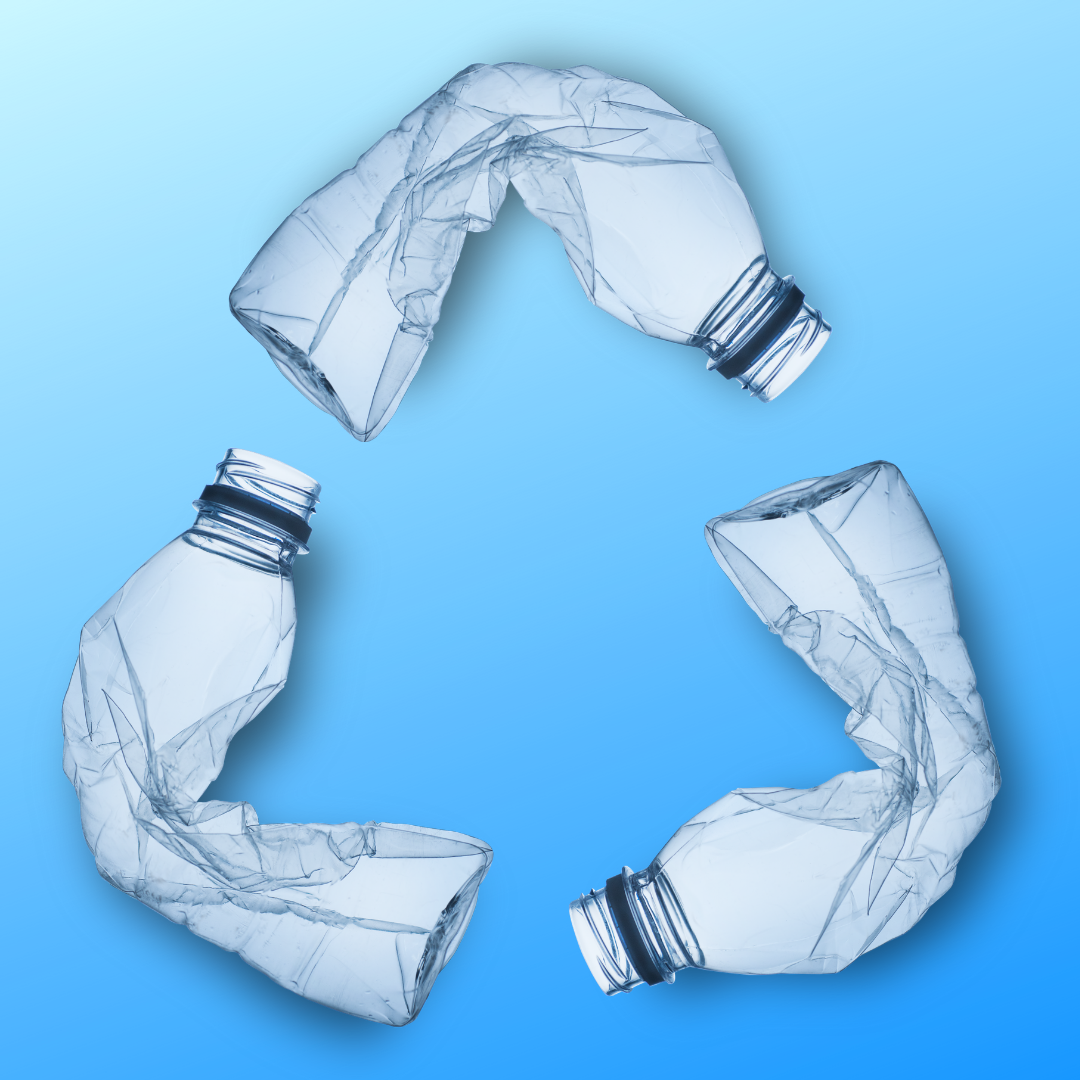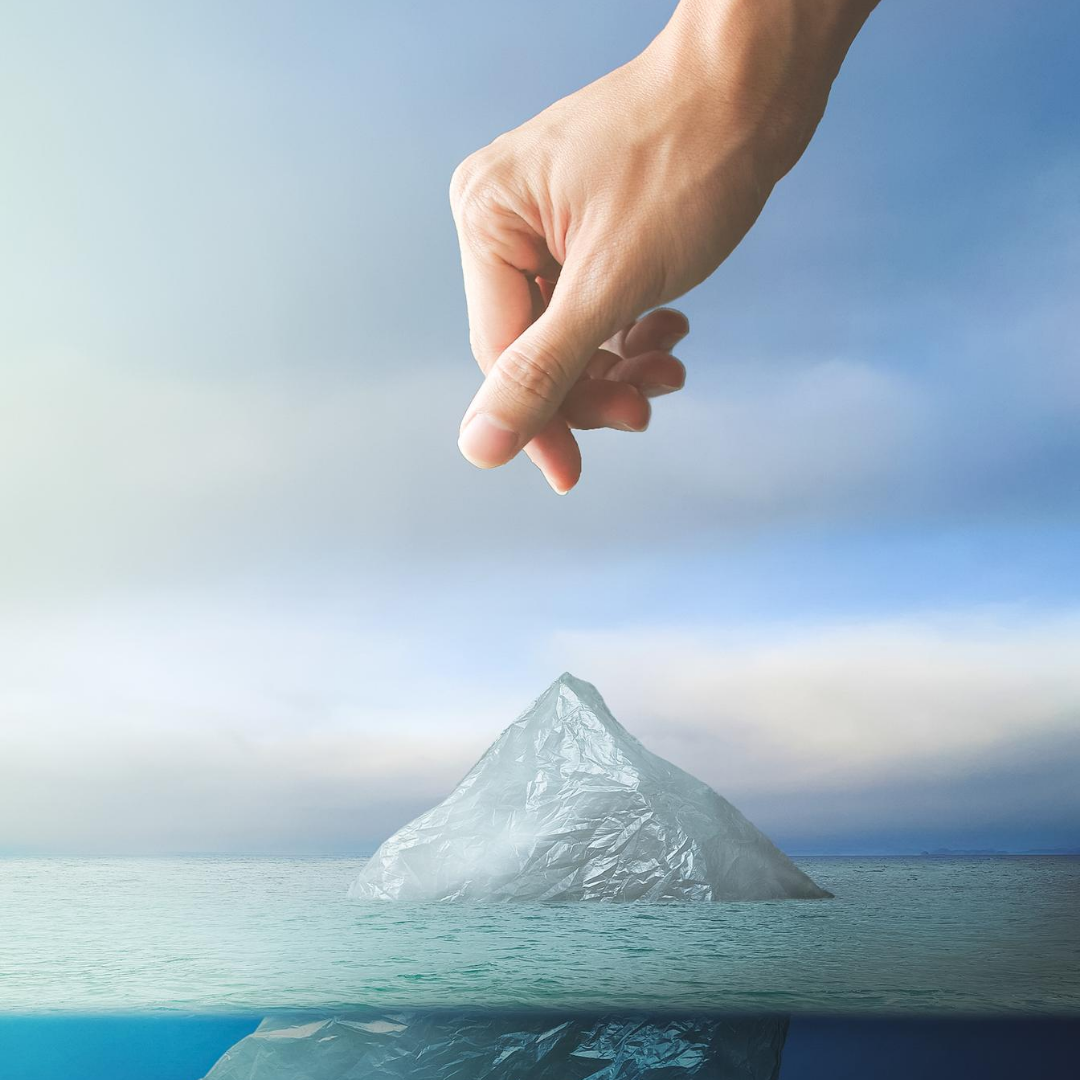For most of us, single-use plastic plays an integral role in our daily lives. Using a plastic straw with our lemonade, plastic bags for groceries or take out, single-use cleaning, or cosmetic containers; considered individually, each appears to be harmless. These modern amenities are so common to us, and so quickly tossed out, that they barely register in our minds. In actuality, single-use plastics come with a destructive environmental price - a price we'll end up paying for thousands of years. Our plastic addiction has already had a devastating impact on our health, wildlife, and oceans. According to statistics provided by Greenpeace, an equivalent of a truckload of plastic ends up in our oceans each and every day.
It Happened so Quickly!
The alarming thing about this man-made crisis is just how quickly it happened. Researchers have estimated that over 8.3 billion tons of plastic have been produced since the 1950s. Sadly, approximately 60% ended up in a landfill or the environment (lakes, oceans, etc.). One-use plastics became widely used after World War II. The 1950's also welcomed the advent of high-density polyethylene that is commonly used in plastic drinks bottles today. These cheap bottles quickly replaced glass as containers for everything but wine and beer. Then came disposable polyethylene bags which were patented in 1965, coming into extensive use in the 1980s.
According to statistics from the United Nations, by the 90s, the amount of plastic waste generated had tripled in under two decades. As throwaway lifestyles continue to spread worldwide, the habit of buying single-use plastics has spread with it. By 2017, 480 billion plastic bottles alone were sold worldwide.
So, what can be done about this global plastic disaster? There are simple, commonsense steps we can all take to limit our use of plastics (especially the one-use plastics causing so much ocean pollution). We need to reduce the flow of plastic at its source; however, we also need to reduce how much we use on our own. There are so many things that we can collectively do, including the following:
- Buy items in bulk to reduce plastic packaging
- Avoid plastic straws and non-recycled plastic bottles
- Use reusable or cloth shopping bags
- Recycle as much as possible
- Support establishments that recycle
- Buy products with reusable containers instead of single-use containers
- Support restaurants that use recyclable takeout solutions
- Use your own coffee or drink containers at your local cafe
- Make a real effort to reduce your dependence on single-use plastics
- Be well informed, meaning get to know what is and isn’t recyclable in your area
We can all do our part, even if it's only baby steps in the beginning, to prevent plastics from killing our planet. By cutting down on the plastics we use (particularly single-use plastics), we'll help keep them out of our oceans as well. If we all act now, we can help keep the problem, which is preventable, from getting worse.




Leave a comment
All comments are moderated before being published.
This site is protected by hCaptcha and the hCaptcha Privacy Policy and Terms of Service apply.